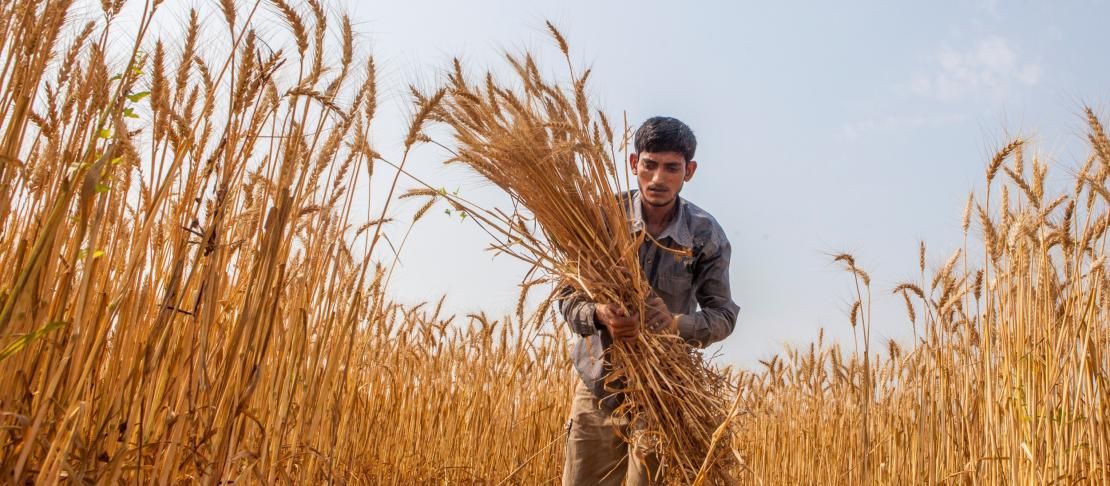Big data analytics to identify and overcome scaling limitations to climate-smart agricultural practices in South Asia (BigData2CSA)

Heterogeneity in soils, hydrology, climate, and rapid changes in rural economies including fluctuating prices, aging and declining labor forces, agricultural feminization, and uneven market access are among the many factors that constrain climate-smart agriculture (CSA) in South Asia's cereal-based farming systems. Most previous research on CSA has however employed manipulative experiments analyzing limited agronomic variables, or survey data from project-driven initiatives. This can obscure the identification of relevant factors limiting CSA, at times leading to inappropriate extension, policy, and inadequate institutional alignments to address and overcome constraints. Alternative big data and data mining approaches utilizing heterogeneous datasets, however, remain insufficiently explored, though they can represent a powerful alternative source of technology and management practice performance information. In partnership with national research and extension systems (NARES) and the private sector, this project responds by developing systems to rapidly collect, process, analyze and interpret a wide variety of primary agronomic management and socioeconomic data from tens of thousands farmers. Fusing data with spatially-explicit soils and hydrological datasets, remote sensing, and gridded climate products, location-, age- and gender-specific factors contributing to or limiting CSA indicators (yield, profitability, GHG emission intensity, resilience) will be identified and represented through interactive web-based dashboards. Alignment with bilaterals and established institutional partnerships will assist in digitally reaching 500,000 farmers with customized management advice on CSA. Alongside the collaborative development of analytical tools, we expect these processes to be institutionalized by next-users, with research affecting agricultural policy and development decisions to enable the improved application of CSA.